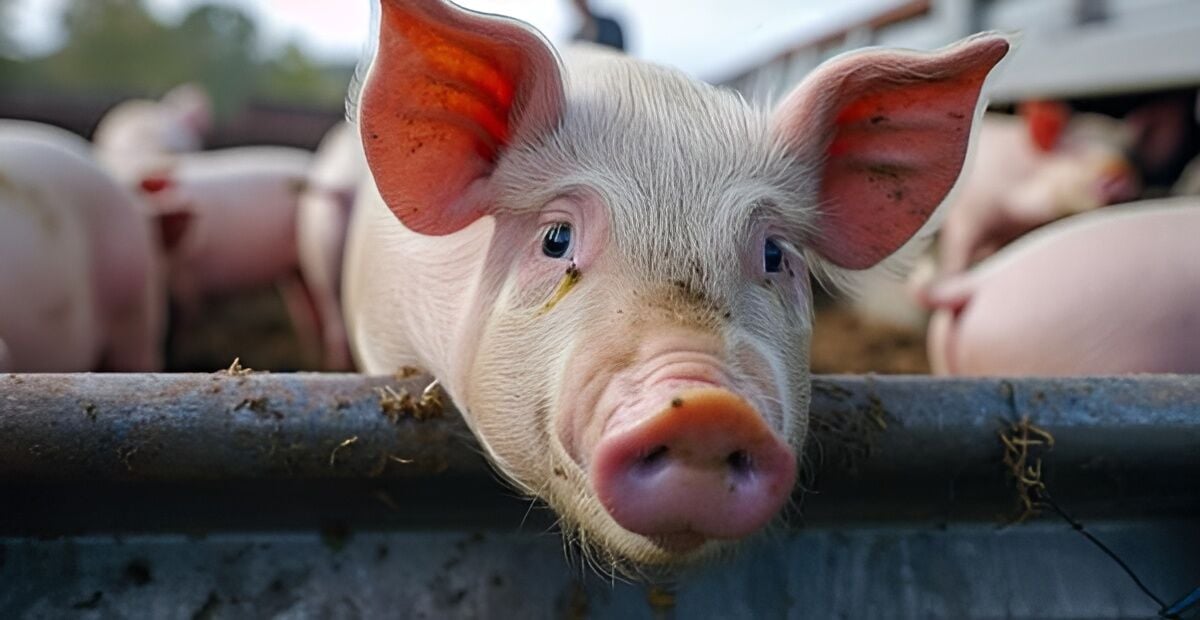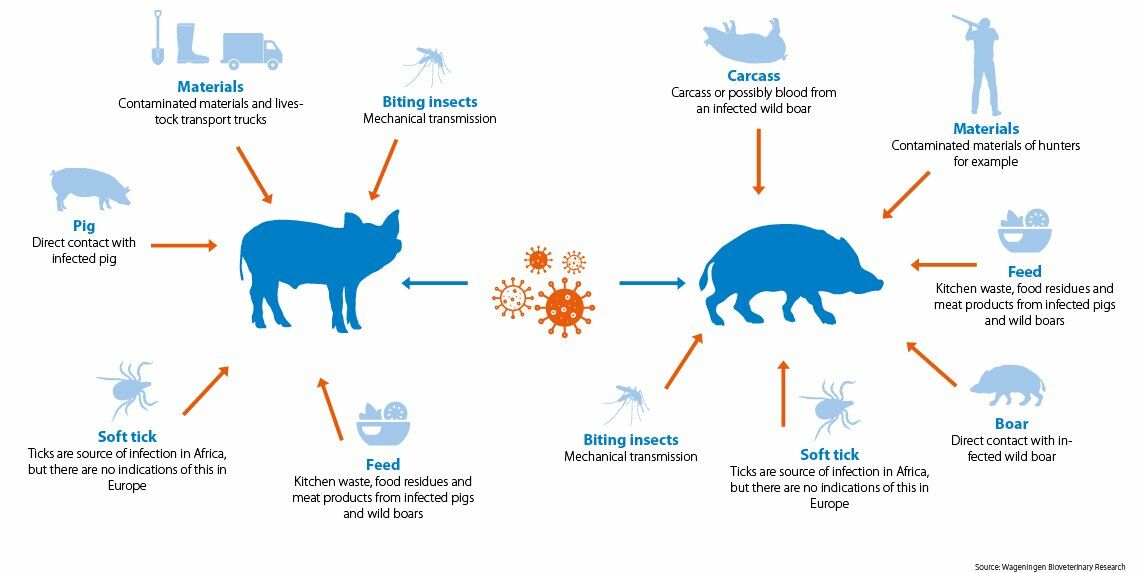African swine fever outbreak reported in Chiang Mai

In a significant and concerning development, Thailand has reported its first outbreak of African swine fever (ASF) for the year, as confirmed by the World Organisation for Animal Health (WOAH). This outbreak has occurred in Luang Nuea Village, located in the Doi Saket District of Chiang Mai Province.
The outbreak details
The outbreak began on June 5 on a farm that housed 70 pigs. Of these, three pigs fell ill, and one died. To prevent the spread of the disease, 69 pigs were culled. The outbreak was officially reported to the World Animal Health Information System (WAHIS) on July 10.
This incident marks the first reported case of ASF in Thailand since September 2023 upon which there was increasing enforcement to contain its spread.
Suspected sources of infection
Investigations into the source of the infection suggest that contaminated food waste and fomites – objects or materials likely to carry infection – may be responsible. One theory is that the large container used to store food waste was not heated properly, allowing the virus to survive and infect the pigs. Additionally, the farm’s proximity to a waste collection area and the presence of stray dogs, coupled with inadequate fencing, may have facilitated the introduction of the virus into the farm. These factors highlight the importance of stringent biosecurity measures to prevent such outbreaks.

Impact and containment measures for outbreak in Chiang Mai
African swine fever is a highly contagious viral disease that affects pigs, with a near 100% fatality rate among infected animals. The virus does not affect humans, making it primarily an economic concern for the pork industry. The culling of 69 pigs in this outbreak is a stark reminder of the devastating impact ASF can have on livestock and the livelihoods of farmers.
Furthermore, stricter biosecurity measures have been implemented and Farmers in the region are being educated on the importance of proper food waste management and the need to secure their farms against potential sources of infection.
Global concerns and potential risks
While ASF itself does not pose a direct threat to human health, experts are concerned about the broader implications of such outbreaks. With various strains of avian flu viruses like H5N1, H7N3, and H7N9 circulating globally, there is a theoretical risk of reassortment events – where different viruses exchange genetic material. Pigs are known as “melting pots” for viruses, meaning they can host multiple viruses simultaneously, which could potentially lead to the emergence of a new virus capable of infecting humans.

Calls for vigilance and precaution
In light of the outbreak, residents are urged to be vigilant. They recommend practising high standards of personal hygiene and avoiding contact with animals, especially those that appear sick. The community is encouraged to report any suspicious animal deaths to the proper channels promptly.
The WOAH and local veterinary services are working together to monitor the situation closely and prevent further outbreaks. This incident underscores the importance of international collaboration in managing and controlling animal diseases that have the potential to impact global food security and public health.
The recent ASF outbreak in Chiang Mai is not just a local issue but part of a larger, ongoing battle against animal diseases that threaten the global pork industry. Countries worldwide are grappling with ASF, implementing various measures to protect their livestock. The lessons learned from each outbreak contribute to a growing body of knowledge aimed at improving biosecurity and disease management practices.
Latest Thailand News
Follow The Thaiger on Google News:


























